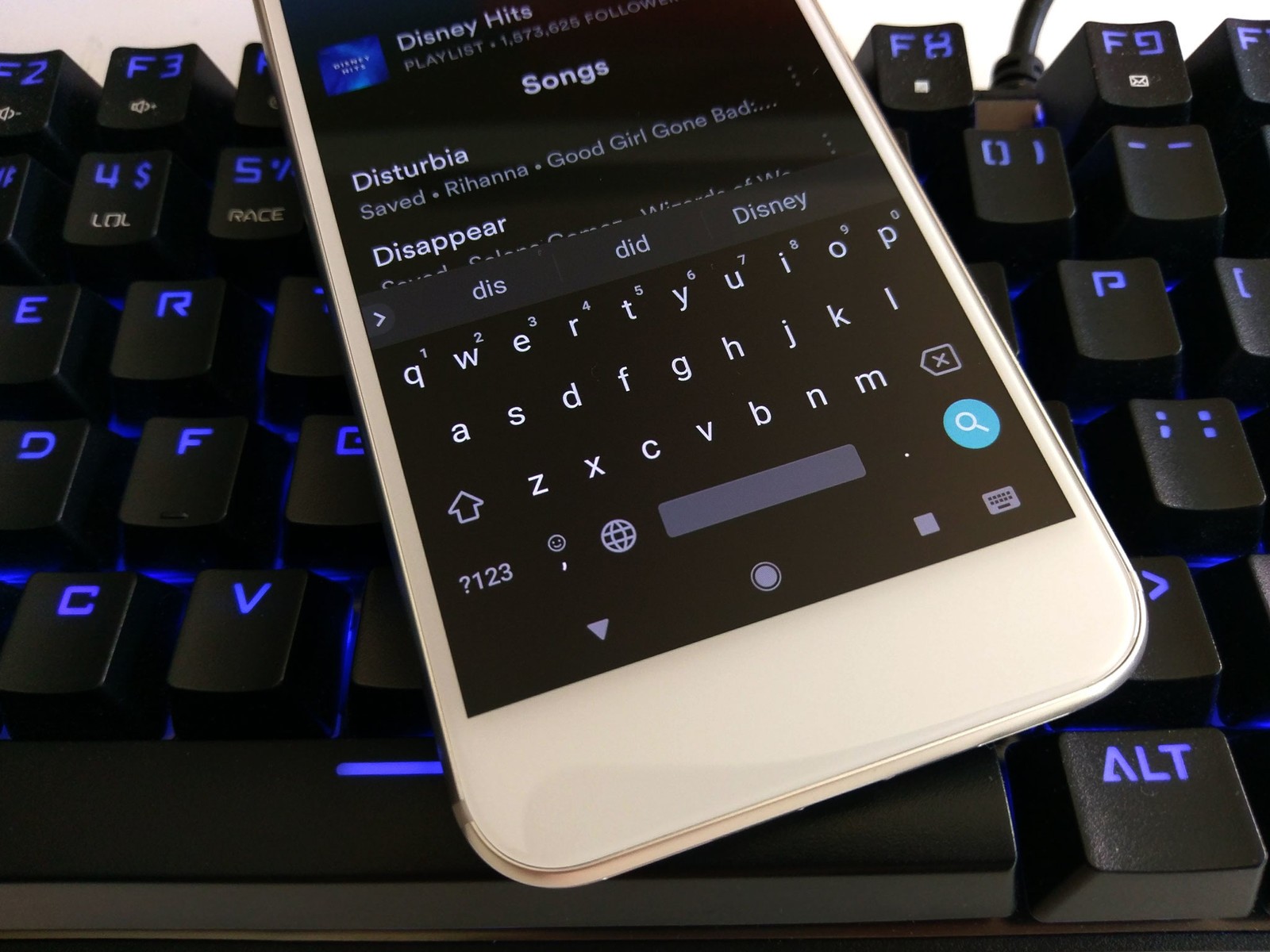Rooting android devices is one of the most controversial topics in the Android community. You hear stories about how rooting your Android device will break the warranty or brick your phone. But most people agree that rooting is the answer if you want to get more out of your Android experience!
What Is Rooting?

Rooting is gaining access to a device’s root directory, usually a smartphone or tablet. The root directory is the highest level directory on your operating system and contains settings and files that are not accessible by normal users. You’ll also find your device’s kernel, which controls how your processor and other hardware work together to run programs.
Once you’ve rooted your device, you can install apps that require root access to run, such as those that allow you to modify the software on your device. Rooting also opens up new features that aren’t available in non-rooted devices. For example, some applications require root access to work properly because they need access to files outside their folder structure or require special permissions to access hardware like GPS receivers or cameras.
Rooting Provides Full Access To The Android Operating System
One of the best reasons to root an Android device is to gain access to the full operating system. Most people don’t realize that their phones or tablets have access to more than just their apps, but this is because they have yet to unlock their devices’ full potential.

By rooting your device, you’ll be able to see everything that’s in there and do almost anything with it. You’ll be able to change system settings, install software updates, and even turn your phone into a tablet if you want!
Custom ROMs and more control over apps
When you root your Android device, you can install custom ROMs. These are modified versions of the software with your phone that can change things like how much RAM your device has or how much storage space it uses.
You can also gain more control over the apps and services on your Android device by rooting it. If a certain app is causing problems, rooting your phone makes it possible to uninstall it without needing to factory reset your device (which would erase everything).
Advantages of Rooting Android Devices
Rooting your Android device can be intimidating, but it can also be gratifying. Here are some of the reasons why rooting is beneficial to you and your phone:
You can get rid of bloatware.
Most phones come with bloatware—that is, apps that you don’t want or need but were installed by the manufacturer. Bloatware can take up storage space on your phone, slow it down, and put battery life at risk. With root access, you can eliminate these unwanted apps and take back control over your device’s performance.
You can customize your phone’s software
With root access, you can customize your Android device’s software to suit your needs and desires. Whether you’re looking for a way to change the look of your phone or add new features, rooting can help make that happen!
You can have more control over what happens on your device
As an Android user, you probably know about Google Play Services—but do you know everything it does? Rooting gives you more control over what Google Play Services does on your device, which means that if there’s something about it, that.
Conclusion
So, is it worth it? That’s up to you to decide. Rooting Android devices can be a risk, but if you know what you’re doing and stay safe in the process, root most devices easily. Also, if you consider that the market price for an unlocked and rooted device will almost always be significantly lower than the retail price of Apple’s flagship device, you have no reason not to go down this route.




Add comment